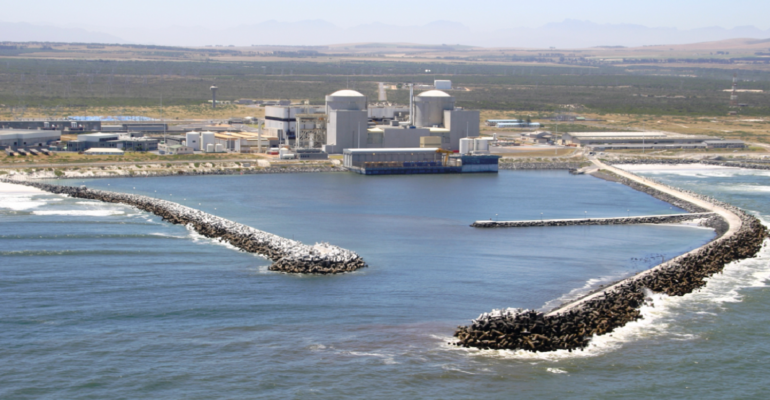Ugandan Energy Minister Okasai Sidronius Opolot said he had acquired land for the construction of East Africa’s first nuclear power plant. Already in 2017 the government announced its intention to build a 2,000 megawatt nuclear power plant by 2032.
The project received authorization from the International Atomic Energy Agency (IAEA) in recent days, which said it was ready to “provide all the necessary support through training so that the project becomes reality”, adding that the mission of agency is to enable member countries to have a safe and secure facility.
Uganda has so far trained 22 people at master’s level in nuclear science and, according to the energy ministry, a school to train lower-level executives will soon be established.
The country, which is largely dependent on hydropower, plans to increase its electricity generation capacity by almost 12 times.
The only currently active nuclear power plant in Africa is located near Cape Town in South Africa, while Egypt has awarded the Russian company Rosatom a $25 billion contract for a 4.8 gigawatt power plant, the construction of which is expected start soon.
Seven other countries (Kenya, Nigeria, Algeria, Ghana, Morocco, Sudan and Tunisia) have announced plans to build nuclear power plants by 2030, with technological support from Russia and China, and 16 other African nations (including Rwanda) could be ready by 2050.
• In recent times many African countries are considering the construction of nuclear power plants in order to cover their energy needs.
• The main creditors of African nuclear power are foreign companies, among which the Russian Rosatom stands out.
• Despite the promises of prosperity made by investors, the use of nuclear energy on the African continent raises many doubts among observers. The environmental and social costs and risks are indeed high.

